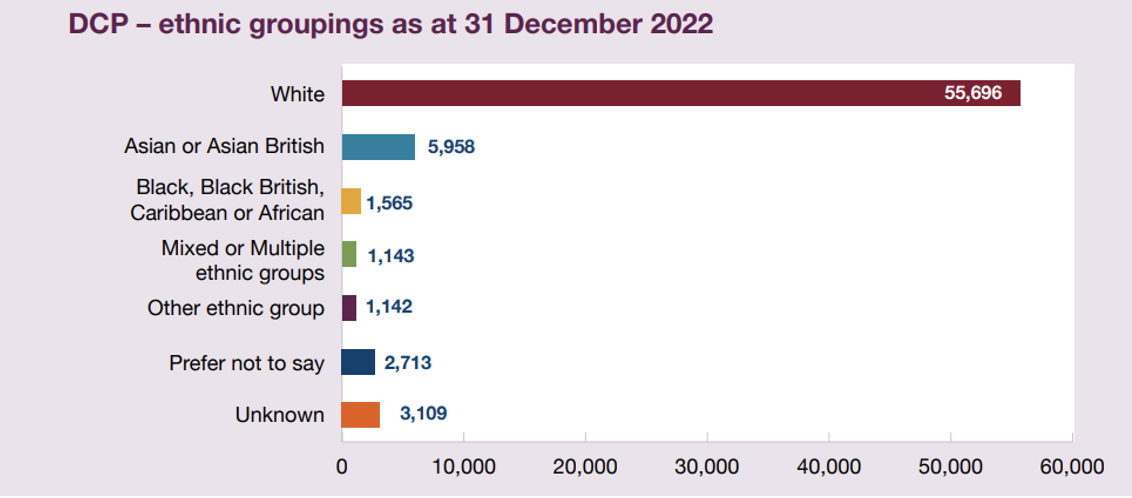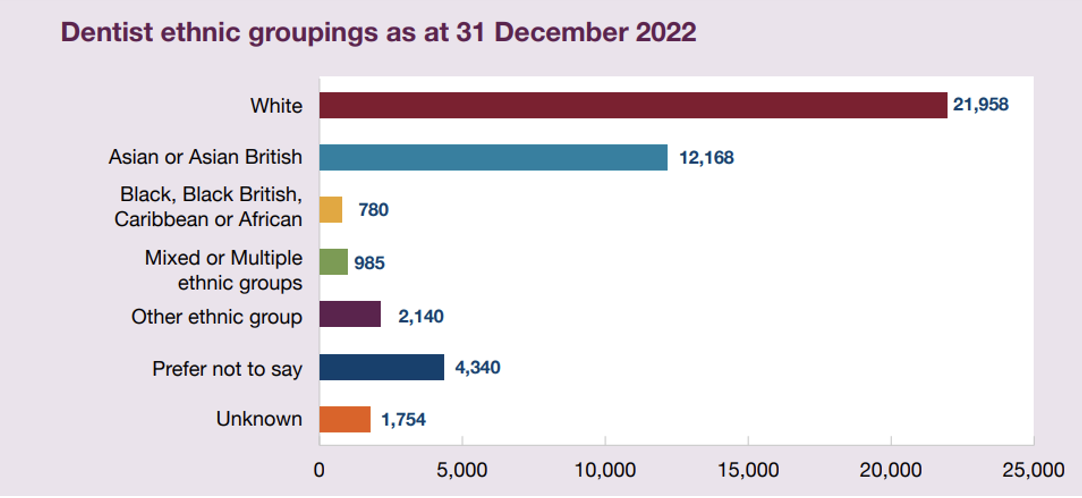
Seventy five years after HMT Empire Windrush arrived in London, Rebecca Silver sheds a light on the story of the Windrush generation and how they changed the face of healthcare in the UK.
The 22 June will mark 75 years since the first boat, named HMT Empire Windrush, arrived in Tilbury Docks after departing from the Caribbean.
The reason? The Second World War.
Britain was hurting and needed help in the way of labourers and peoples. Many parts of the country were ravaged and devastated, so the government at the time issued a cry for help. And the Windrush generation responded.
Many passengers onboard saw Great Britain as the Motherland. They had fought by the side of other Commonwealth soldiers and suffered their losses. But the Motherland was asking for help, and help appeared on 22 June 1948. Some 492 passengers stepped off the boat and into their new lives.
‘Changed the face of the United Kingdom’
Many passengers didn’t intend to stay all their lives, but only a few years. Yet what occurred changed the face of the United Kingdom as it was known. People experienced racism, bias, and general discrimination, and yet they stayed. They had a sense of loyalty to a country that ‘owned’ them. Jamaica did not receive independence until the 6 August 1962.
These people brought their own culture, after experiencing that many places did not allow them to be. Notting Hill Carnival is an example of this transfer of culture that now holds a place in the psyche of the UK. They bought their own music, food, and beliefs.
They faced race riots, discrimination and were just above dogs in the views of some landlords. And yet, they stayed. They showed a resilience that still runs through many families who descend from these migrants today.
Passengers came to the UK as qualified professionals, yet many of them were not allowed to use their jobs in this country and instead became labourers. They also populated the NHS at the time. They took up positions that could have been seen as beneath them, but they did it. To help the motherland.
‘Proud to be a descendent of the Windrush generation’
When you are treating your patients from these backgrounds and age groups, think about how difficult life must have been for them. Think about the person in front of you. They would have a different lived experience. Don’t judge them for their diet, education or culture.


Think about how it felt to come to a different country, after defending it from the Axis nations in World War Two, to have your skin colour thrown back in your face. Think about the change in climate and the change in food and music.
The shock to the system of now not being wanted, although there were stories of British people defending the black soldiers stationed in the UK – the Battle of Bamber Bridge is one of these instances.
The Windrush scandal only happened a few years ago. People who were invited to this country were now suddenly being deported because they didn’t have the correct papers. But they were invited by the government – they were not colonisers. They came because the Motherland needed help.
Today, help commemorate them! Ask questions, take part in celebrations and enjoy the culture together.
My grandmother came to the UK from Jamaica in 1958 and my mother was born after shortly after this. I am proud to be a descendent of the Windrush generation and we must continue to acknowledge and celebrate the affect these people had. Not only on the face of the UK, but with regards to healthcare and the NHS.
Follow Dentistry.co.uk on Instagram to keep up with all the latest dental news and trends.

